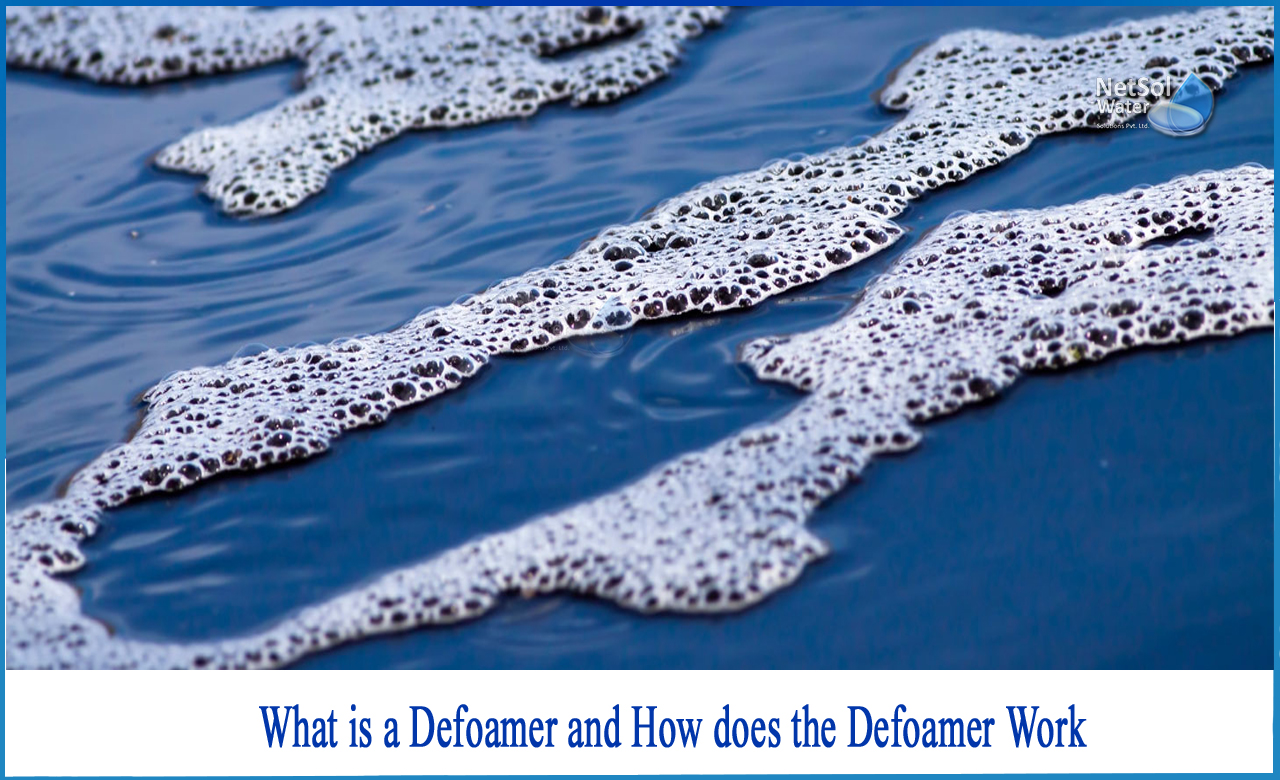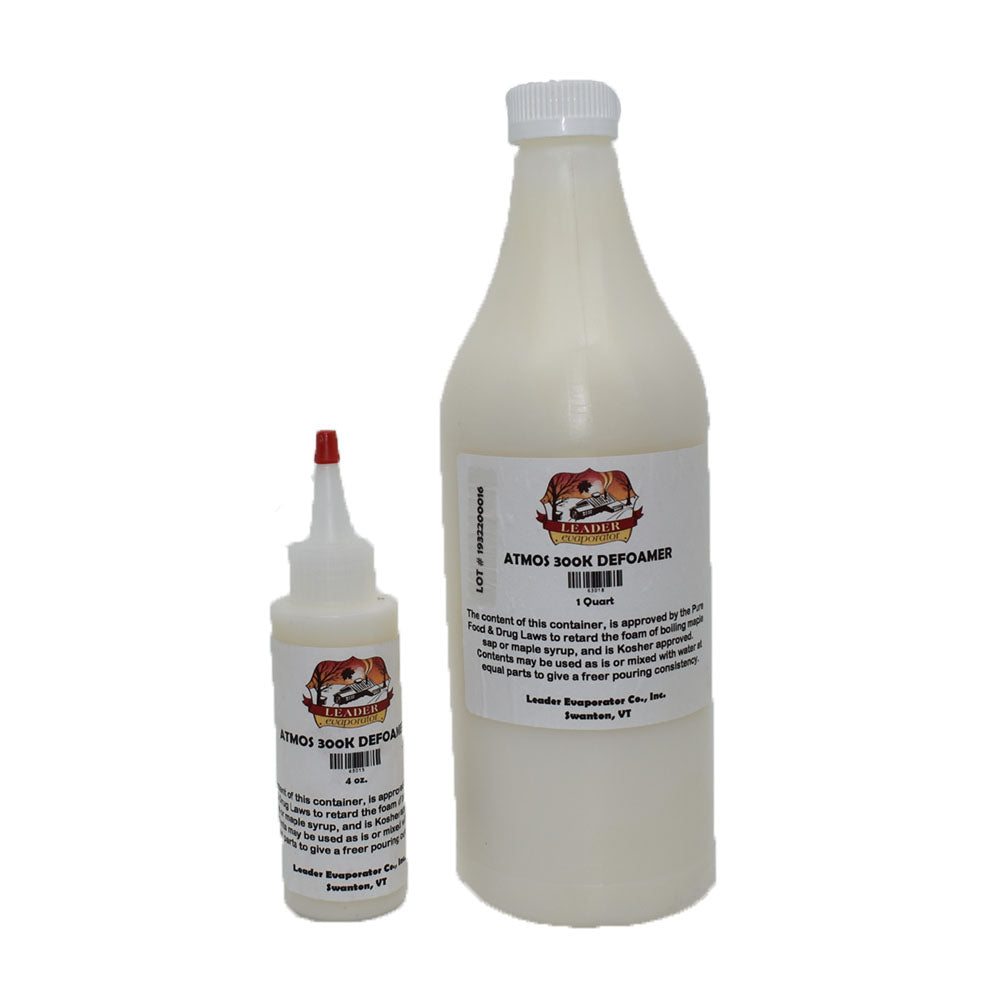The Application of Defoamers in the Pulp and Paper Industry
Wiki Article
The Function of Defoamers in Enhancing Item Quality and Efficiency
In different producing processes, the existence of foam can significantly impede item high quality and operational efficiency. Defoamers act as important ingredients that reduce this issue, guaranteeing smoother manufacturing operations while improving the functional and visual characteristics of the final items (defoamers). Their application spans a plethora of sectors, from food and beverage to drugs, where consistency and reliability are paramount. The selection of the ideal defoamer can be vital to attaining ideal results, raising important concerns concerning formula compatibility and performance metrics that merit additional expedition.Recognizing Defoamers
Recognizing the duty of defoamers is crucial for preserving product quality across numerous markets. Defoamers are chemical ingredients made to protect against the formation and reduce of foam in liquid systems, which can adversely impact procedures such as blending, filling, and surface stress. Frothing can cause inefficiencies, product problems, and endangered visual charm, making defoamers an essential part in producing procedures.In industrial applications, defoamers help to improve item consistency and stability. The efficient usage of defoamers not only makes sure smoother production procedures but additionally adds to premium product efficiency.
Additionally, the choice and formula of a defoamer should line up with details application needs, such as compatibility with other ingredients, effectiveness under differing temperature level and pH conditions, and potential regulatory restraints. Ultimately, comprehending defoamers' features and their relevance in various formulas is vital for enhancing production and guaranteeing the best final product.
Sorts Of Defoamers
Defoamers can be classified right into a number of kinds based upon their make-up and system of activity. The main types include silicone-based, non-silicone natural, and not natural defoamers.Silicone-based defoamers are amongst one of the most effective, mainly as a result of their ability to spread swiftly on the fluid surface and disrupt foam development. Their distinct chemical framework permits remarkable stability, making them appropriate for high-temperature applications and atmospheres with varying pH levels.
Non-silicone natural defoamers, typically made up of fatty acids or natural oils, are valued for their biodegradability and reduced poisoning. These are generally made use of in food and beverage applications where safety and security and environmental influence are extremely important.
Inorganic defoamers, that include materials like talc or calcium carbonate, act by enhancing the density of the fluid, thus lowering foam security. They are commonly used in industrial processes where compatibility with other products is not a concern.
Each type of defoamer has distinctive advantages and restrictions, enabling tailored services depending on the specific foaming issues encountered in different applications. Recognizing these differences is critical for maximizing performance and accomplishing desired item high quality.
Applications Throughout Industries
Numerous industries take advantage of defoamers to enhance item high quality and functional efficiency. In the food and drink sector, defoamers are vital in processes such as brewing and dairy products production to avoid foam formation, which can result in inefficiencies and product inconsistency. By managing foam, suppliers can make certain much better return and an extra consistent item.In the pharmaceutical market, defoamers play a vital function in the find solution of fluid medicines, where extreme foam can hamper mixing and precise dosing. Their usage assists maintain the integrity of the formulas and promotes smoother manufacturing procedures.
The paint and layers industry also relies on defoamers to improve the performance of products throughout application. By lessening foam, these ingredients guarantee a smoother finish and boost the visual high qualities of the end product.

Benefits of Using Defoamers
While the application of defoamers differs throughout industries, their benefits continually boost item high quality and process efficiency. One significant advantage is the reduction of foam development during producing procedures, which can or else cause manufacturing delays and disparities in item top quality. By decreasing foam, defoamers make it possible for a smoother circulation of materials, promoting much more effective procedures and reducing the chance of equipment malfunctions.Furthermore, using defoamers can improve the look at these guys look and structure of end products. In sectors such as coatings, paints, and food handling, too much foam can compromise the aesthetic looks and total high quality, while the suitable defoamer application ensures an uniform surface and desirable characteristics. Additionally, defoamers can add to set you back financial savings by lowering waste throughout manufacturing and optimizing using basic materials (defoamers).

Picking the Right Defoamer
Selecting the best defoamer is important for optimizing manufacturing processes and guaranteeing product high quality. The selection of defoamer affects not only the efficiency of foam control but likewise the general performance features of the final item. Aspects to think about consist of the kind of application, the chemistry of the solution, and the environmental problems under which the product will certainly be used.Various markets might require specific defoamer types, such as silicone-based, organic, or polymeric defoamers. Recognizing the compatibility of the defoamer with the main components is important to stay clear of damaging reactions that could compromise product honesty. Additionally, the defoamer's performance in different temperature levels and pH degrees must be evaluated to ensure consistent efficiency.
Checking the defoamer in small-scale applications can offer valuable understandings into its performance and viability. Factor to consider of regulative conformity, particularly in food, pharmaceuticals, and cosmetics, is critical in selecting a defoamer. Ultimately, a complete evaluation of these aspects will result in the choice of a defoamer that not only controls foam successfully however additionally enhances the high quality and performance of the end product.
Verdict

In verdict, defoamers are necessary ingredients that significantly boost product high quality and efficiency across different sectors. The calculated option and application of defoamers lead to cost savings, maximized resource use, and boosted customer satisfaction.
Frothing can lead to inadequacies, item problems, and endangered aesthetic allure, making defoamers an important element site link in making operations.

Report this wiki page